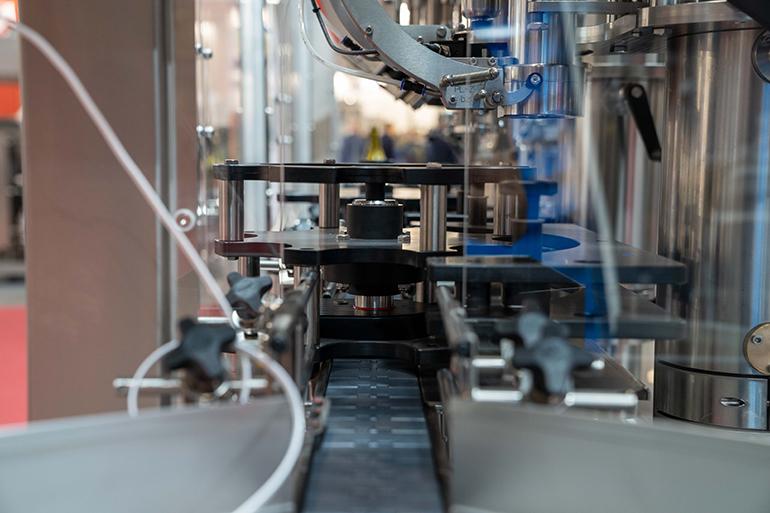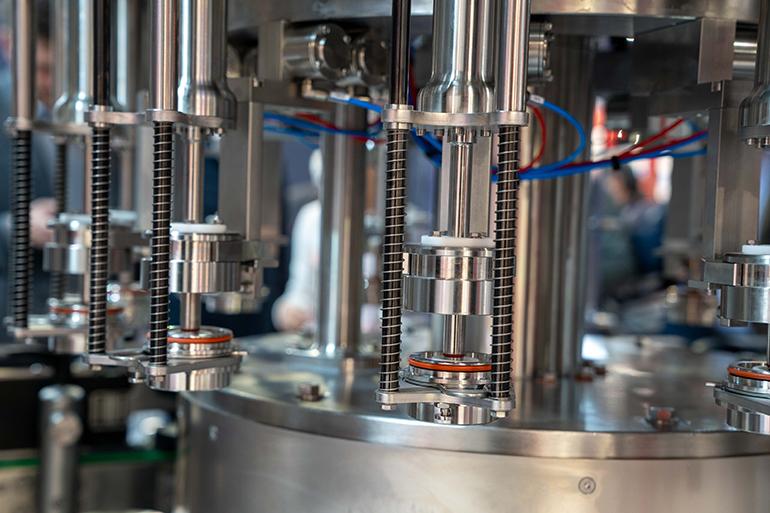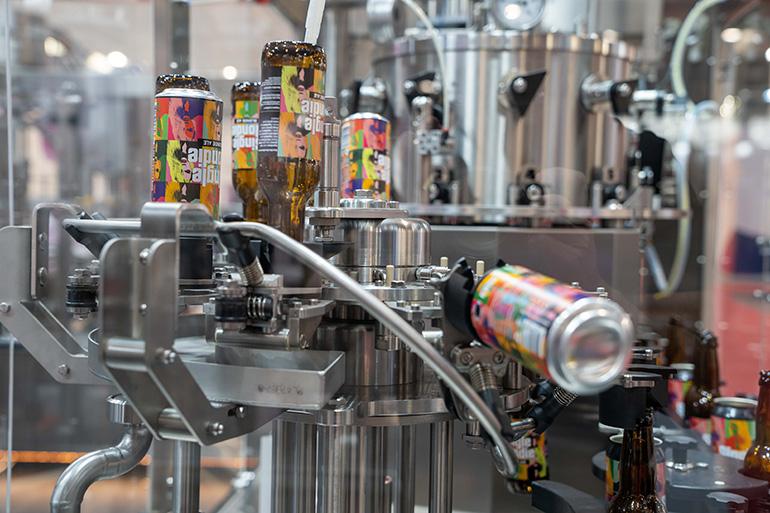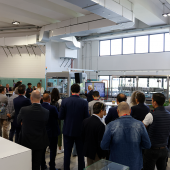Simei 2022: above expectations
The numbers for the 2022 edition: 480 exhibitor companies and over 30 thousand visitors, a third of which were foreigners, confirming the international level of the event. The theme of sustainability permeated the entire event, addressed from various angles, including the legislative aspect.
Technologies for wine, spirits, craft beer, vinegars, soft drinks and mineral waters with “sustainability” as a common theme, characterized the return of Simei to FieraMilano after as many as three years of absence. Closing with success on 18 November, the 29th edition of the international Show for wine-making and bottling machines recorded the presence of over 30 thousand visitors, in line with 2019 and «exceeding expectations by 20%» declared the general secretary of the Italian Wine Union, Paolo Castelletti.
The positive result was also confirmed in the international context, with operators (almost 1/3 of the total) coming from 50 countries, underlining the strong international vocation of a crucial Made in Italy sector, which exports 70% of the over 3 billion euros of turnover.
Making it the main event for wine-making technology, from the vine to the cellar, from bottling to labelling to glasses, the 480 exhibitor companies, on a surface area of 25,500 square metres, were able to present to the public innovation in wine-making processes, especially from a green point of view, in line with the theme of sustainability which characterized the event.
Organised by the Italian Wine Union and Fiera Milano, the event was supported by Ice Agenzia, which managed the arrival at the trade fair of 180 international guests from over 30 countries.
Simei will return in November 2024, resuming its traditional two-year frequency in even years.

Seminars, workshops and conferences
Besides the awarding of the “Lucio Mastroberardino Simei 2022 Innovation Challenge” and the “Iga Beer Challenge”, the Milan event also hosted 40 programmed initiatives, including conferences, round tables and café discussions, in partnership, among others, with The Sustainable Wine Roundtable (SWR), Assoenologi (The Italian Association of Oenologists and Wine Technicians), Craft Distilling Italy and Donne del vino (the “Women of Wine” organisation).
Among the novelties emerging in the technical meetings was the return of the amphora for winemaking, one of the most ancient methods which is currently undergoing extensive experimentation. It’s a method with a rosy future because it exploits a horizontal communication approach that involves, on the one hand, young producers, and on the other hand, young consumers that are responding with interest.
A unique standard for measuring sustainability
One conference at Simei focused on the European legislative framework which, by the end of 2023, will define sustainability from a regulatory point of view: what it is, how it is measured, what are the criteria and minimum requirements for trade. The legislation does not refer only to the wine-making sector and could represent a fundamental starting point towards a unique European standard. As an example, labels, which so far have reported only hygienic-sanitary criteria, will have to begin to also include information of an environmental nature.

Craft beers are thriving, but the legislation needs to be regulated
Side events touched on technical, legislative and marketing issues for the world of beverages, in which the craft beer sector stands out for its dynamism. In the last 7 years, in fact, the sector has more than doubled the number of enterprises and has seen Italians’ average monthly expenditure increase by 23%, recording an increase in volumes consumed between 2017 and 2021 of 127%. Made in Italy beer is in the process of requesting legislative changes in order to guarantee the development and competitiveness of the sector.
In the opinion of the general secretary of the Associazione Unionbirrai (Beer-makers Association), Simone Monetti, «The time has come to regulate Italian legislation on brewing with a Consolidated Text on Beer, as has been done for wine. The current legislation on beer production is obsolete and stratified, often proving to be incomplete and contradictory, misleading in the presentation of products to the consumer. Besides inhibiting innovation - he concluded - this represents an obstacle to the marketing of beers produced in Italy, favouring the entry of more innovative proposals arriving from foreign markets».




















